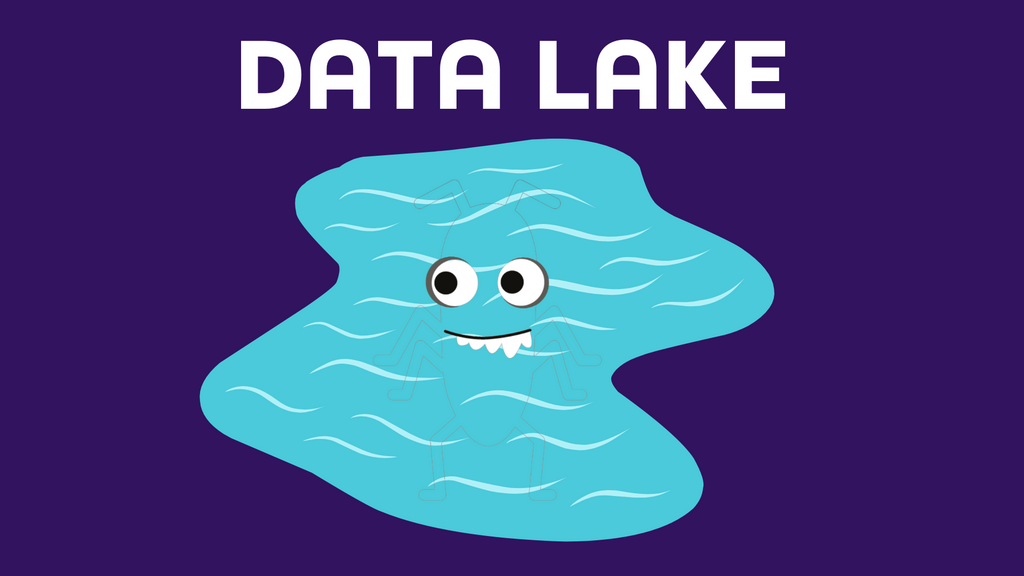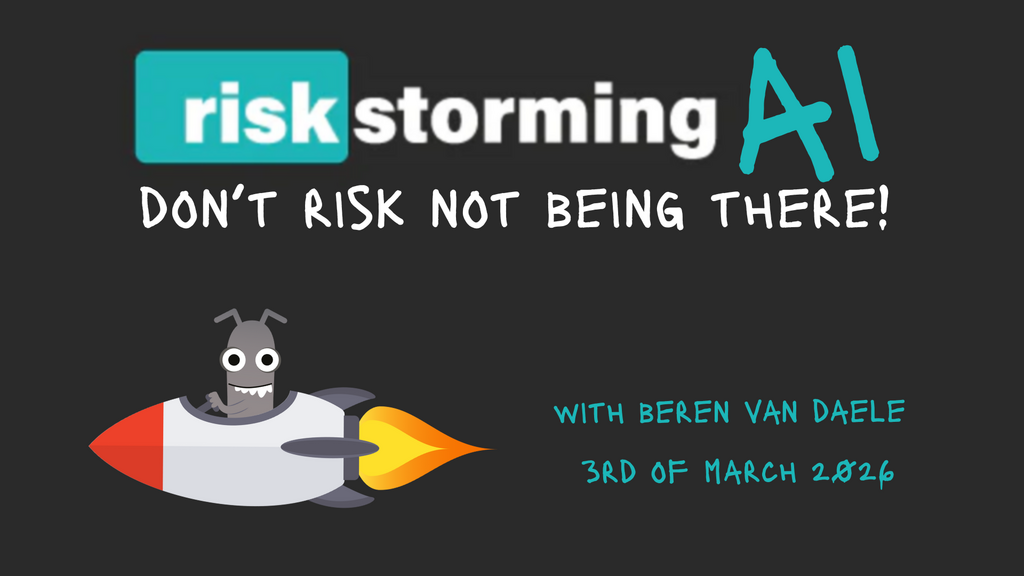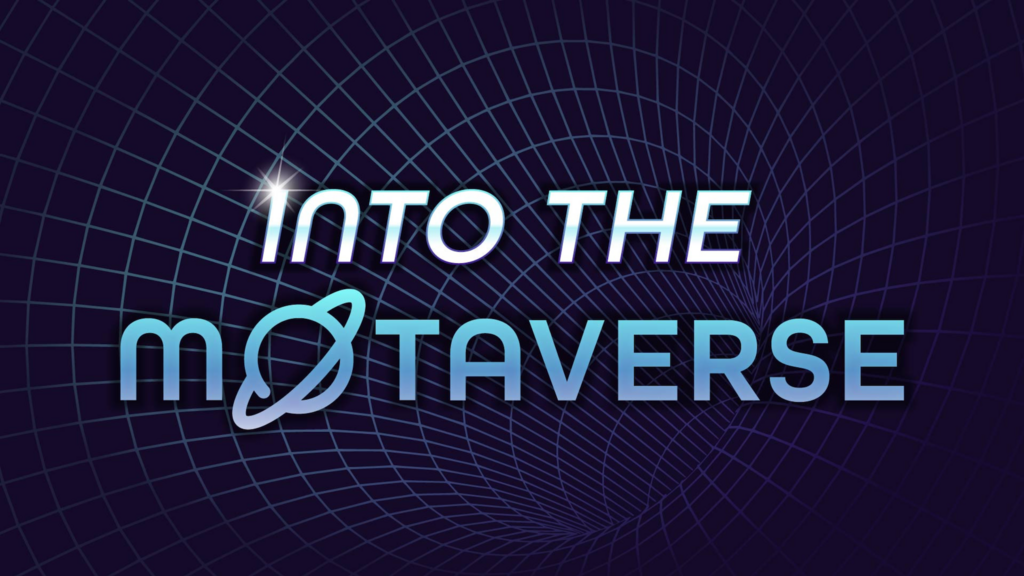In the simplest terms, a data lake is a big collection of raw data, useful for future analysis and a powerful tool for testers to investigate, reproduce bugs, check data quality, and assess system performance.
A data lake is a vast storage area that holds a huge amount of raw, unprocessed data from many different sources. Think of it like a natural lake where various rivers flow into it. These rivers bring all sorts of different things, like logs, images and raw data. A data lake in software collects all kinds of data without first cleaning or structuring it. This means it can hold structured data, such as numbers and text, as well as semi-structured data like logs, and even unstructured data, including images and videos.
The main idea behind a data lake is to store all the data first. You do not decide how you will use or analyse it until later, when you actually need it. This gives organisations a lot of flexibility for future analysis, research, and machine learning projects. It is different from a data warehouse, which typically stores data that has already been cleaned, transformed, and organised for a specific purpose.
For software testers, the data lake can be a goldmine of information. Using analytics platforms or business intelligence tools, you can dive into this pool of data to understand how information flows through your systems or assess data quality by identifying inconsistencies or unexpected values, amongst other things.
A data lake is a vast storage area that holds a huge amount of raw, unprocessed data from many different sources. Think of it like a natural lake where various rivers flow into it. These rivers bring all sorts of different things, like logs, images and raw data. A data lake in software collects all kinds of data without first cleaning or structuring it. This means it can hold structured data, such as numbers and text, as well as semi-structured data like logs, and even unstructured data, including images and videos.
The main idea behind a data lake is to store all the data first. You do not decide how you will use or analyse it until later, when you actually need it. This gives organisations a lot of flexibility for future analysis, research, and machine learning projects. It is different from a data warehouse, which typically stores data that has already been cleaned, transformed, and organised for a specific purpose.
For software testers, the data lake can be a goldmine of information. Using analytics platforms or business intelligence tools, you can dive into this pool of data to understand how information flows through your systems or assess data quality by identifying inconsistencies or unexpected values, amongst other things.




